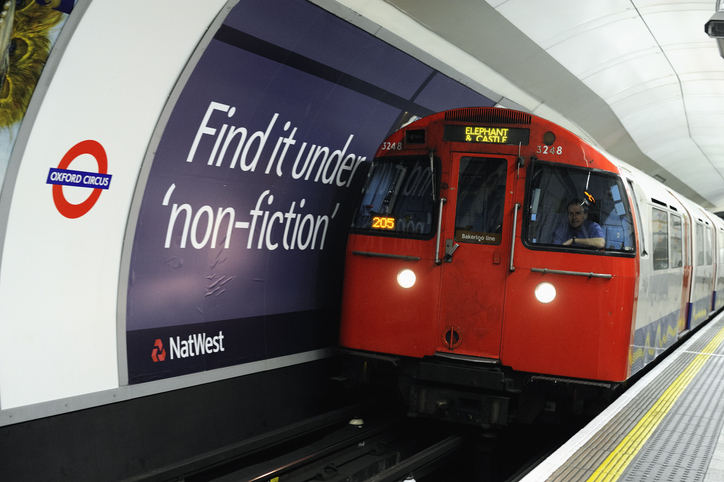You almost have to admire the RMT – they are a trade union from central casting. From Bob Crow to Mick Lynch, their leaders have been the baldest, the bolshiest and the most Bolshevik of the lot – and, credit where it’s due, the most effective. How else can you explain the insanity of a tube driver in London earning about £64,000 a year for a job that could be automated at a stroke?
We shouldn’t be surprised that the RMT is rolling the dice on industrial action next month
Into this madness, step forward Eddie Dempsey. Younger and less follically challenged than his predecessors, he nonetheless shares their appetite for downing tools. The RMT has now announced that London Underground workers are to stage a series of rolling strikes over pay and conditions in September – including, for a time, the aforementioned overpaid drivers.
The tactic they’re using – whereby different grades of staff walk out at different times – is a favourite of rail unions. It is designed to cause maximum pain to passengers while reducing the amount of time each staff member is on strike. Separately, Docklands Light Railway workers will also take action in what the RMT vows will bring ‘significant disruption to the capital’s transport network’.
Not for the first time in recent months, public sector unions are displaying wanton avarice. Among the reasons Dempsey provides for strike action is a refusal by Transport for London management to address ‘fatigue’. Call me hard-hearted, but how can tube staff with a 35-hour working week possibly be fatigued? Can it really be that exhausting standing back watching fare dodgers bump the barriers all day?
TfL is offering tube workers a 3.4 per cent pay rise and rightly points out that ‘a reduction in the contractual 35-hour working week is neither practical nor affordable’. What their statement should have added is that neither is this walk-out fair on Londoners, who have been forced to accept an underground system that is falling behind other global cities.
Train carriages are sprawled with graffiti, fare-dodging is rife, and sexual offences on TfL services are on the rise. And in contrast to equivalent subway systems, the operating hours remain a joke. The New York Metro has run 24/7, and 365 days a year, since 1904. Is it really too much to ask for London to finally follow suit? Or would that cause even more ‘fatigue’ for those poor, downtrodden tube staff?
And why, for god’s sake, are passengers expected to pay the wages of tube drivers when metro systems in Paris, Dubai, Copenhagen, Singapore, Sydney, Turin, Delhi, Milan, Taipei, and (soon) Madrid are all partly or fully automated. Indeed, the DLR has been successfully driverless since opening in 1987. Why on earth, almost 40 years later, has it not been replicated across the network?
I suppose we shouldn’t be surprised that the RMT is rolling the dice on industrial action next month. Given the government’s capitulation to ASLEF and the BMA last summer, and the further demands being lobbied for on behalf of resident – formerly junior – doctors, a precedent has been set that Labour will cave in the face of public sector strikes. I don’t blame the RMT for chancing their arm, I blame the craven way they’ve been enabled for decades.







Comments